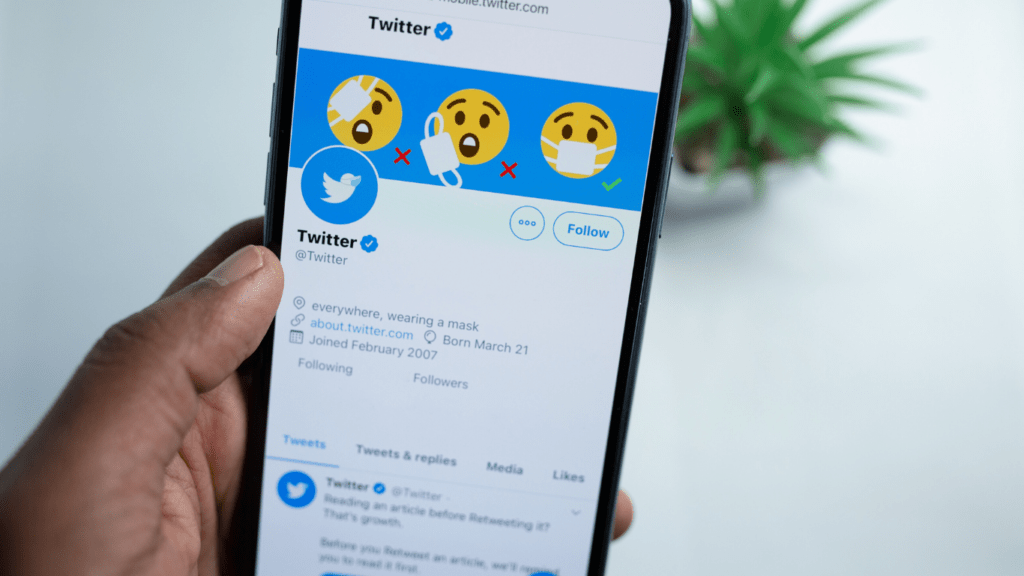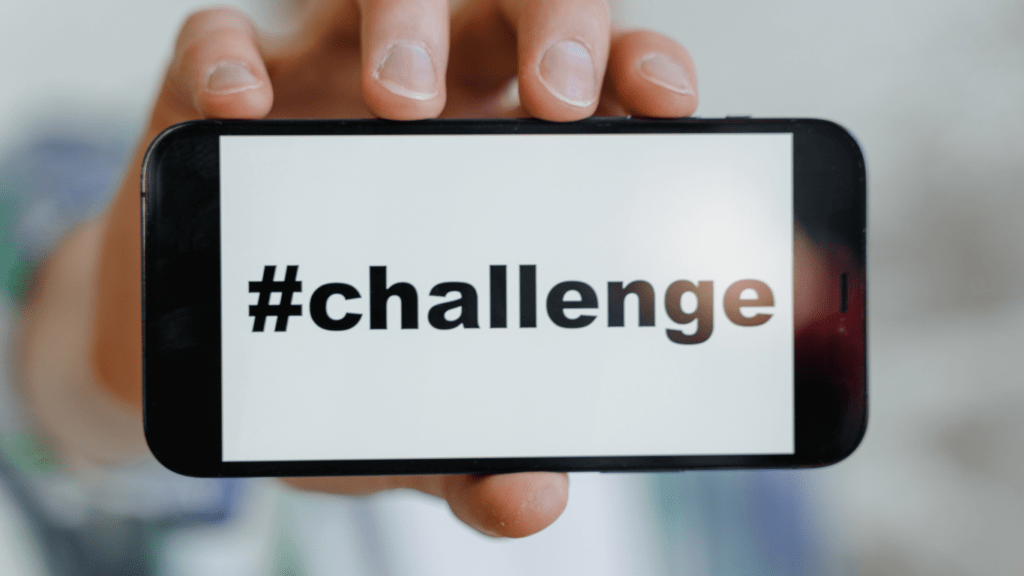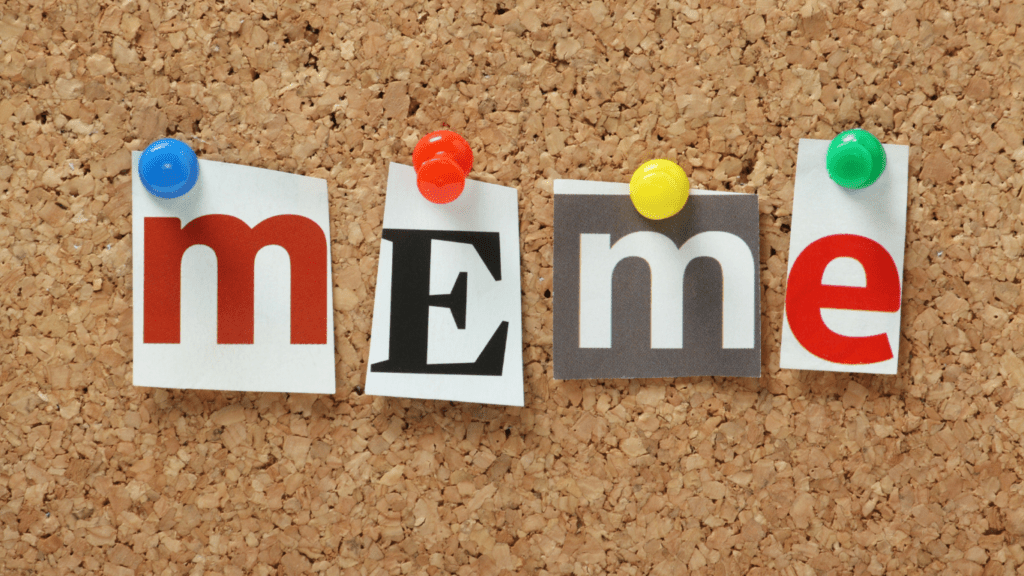Memes have become a universal language, shaping how we communicate, entertain, and even debate online. While many make us laugh or think, some have sparked heated discussions, dividing opinions and challenging societal norms. These controversial memes don’t just fade away—they leave a mark, influencing culture and sparking conversations that ripple far beyond the internet.
What Makes A Meme Controversial?
Controversial memes challenge societal norms, express polarizing views, or provoke strong emotional reactions. They often spark debates, drawing attention to their underlying messages or implications.
Characteristics Of Controversial Memes
1. Polarizing Content
Memes become controversial when they address divisive topics like politics, religion, or social justice. For example, memes surrounding elections or sensitive societal events often divide audiences.
2. Offensive Humor
Many controversial memes rely on humor that pushes boundaries. This includes jokes about dark subjects, stereotypes, or marginalized communities, such as those using racial slurs or sexist undertones.
3. Misinterpretation Potential
Some memes are open to broad interpretation, leading different groups to view them in conflicting lights. A meme intended as satire could be taken literally in different cultural or social contexts.
4. Relevance To Current Events
Controversial memes frequently gain traction during high-stakes moments, such as protests or crises, amplifying emotions tied to real-world events.
How Controversial Memes Spread Online
1. Viral Mechanisms
Platforms like Twitter, Reddit, and TikTok facilitate rapid sharing, enabling memes to spread to millions within hours. A single retweet or repost can escalate the reach of controversial memes.
2. Algorithm Promotion
Algorithms often boost engaging but polarizing content, further propelling controversial memes. This ensures they’re seen by people likely to respond emotionally and share.
3. Reaction-Driven Sharing
Users share controversial memes to express agreement, critique, or provoke responses. Those commenting or reacting unintentionally contribute to their wider dissemination.
5. Community Influences
Online communities play a key role in framing contexts for memes. Niche forums or subreddits amplify memes with shared values, accelerating their spread across like-minded audiences, as seen with politically charged memes.
Historical Memes That Sparked Debate
Controversial memes often reflect deep societal divides, with some reshaping political discourse and others challenging perceptions through social commentary. Below, I explore their role in shaping opinions and sparking debates.
Political Memes That Shaped Opinions
Political memes have regularly influenced public opinion by oversimplifying complex issues and heightening tensions. The “Pepe the Frog” meme became a polarizing symbol during the 2016 US presidential election. Initially a harmless cartoon character, it was co-opted by various online communities, ultimately associated with differing political ideologies. Its proliferation escalated debates about hate symbols and free expression.
During the Arab Spring (2010–2012), memes were used to criticize governments, highlighting corruption and authoritarianism. By leveraging humor and satire, activists engaged younger audiences, encouraging participation in protests. These memes spread rapidly through social media, connecting global audiences to localized struggles.
Social Commentary Through Controversial Memes
Memes have provided sharp commentary on social issues while sparking widespread controversy. The “Distracted Boyfriend” meme, widely shared in 2017, was adapted to critique various societal priorities, relationships, and consumeristic tendencies. Although humorous, critics argued it reinforced traditional gender stereotypes.
The “Karen” meme, surfacing in 2020, characterized entitled behavior, often linked to racism and privilege. While some found it empowering to call out unhelpful actions, others viewed it as misaligned, criticizing its potential for unfair stereotyping. These debates underscored differing perspectives on accountability and identity in online culture.
The Cultural Impact Of Controversial Memes

Controversial memes significantly influence how people perceive and interact with societal issues. They shape conversations, redefine stereotypes, and integrate into various aspects of culture, often leaving a lasting imprint.
Influence On Public Discourse
Controversial memes act as catalysts for discussions on complex and divisive topics. By condensing intricate issues into digestible formats, they often provoke debates across digital platforms like:
For example, the “OK Boomer” meme sparked widespread conversations about generational differences, addressing economic disparity and societal expectations. Memes like this encourage individuals to engage emotionally, sometimes polarizing audiences but also driving awareness about underlying issues.
These memes highlight power dynamics and amplify marginalized voices during critical moments. During movements like Black Lives Matter, memes played a pivotal role in succinctly conveying demands for justice and encouraging activism. Although some memes misrepresent situations or oversimplify, their viral nature ensures that key messages reach broader audiences and create ripple effects in public opinion.
Effects On Media And Pop Culture
Controversial memes quickly integrate into mainstream media, redefining pop culture references and influencing creative production. “Pepe the Frog,” for instance, transitioned from a harmless cartoon character to a polarizing symbol adopted by varied ideological groups. The transition demonstrates how memes can acquire new meanings, reflecting societal conflicts.
Media also adopt meme-driven narratives to captivate younger audiences. For instance, TV shows like “South Park” and “Black Mirror” incorporate meme culture to stay relevant, leveraging its humor and critique potential. Furthermore, celebrities and brands often engage with viral memes as marketing tools. The controversy around memes like “Karen” not only shaped pop culture discussions on privilege but also inspired memes within advertising campaigns and societal parodies.
Memes bridge digital expression and broader cultural trends, influencing how people consume and value media content. Their impact extends beyond entertainment, framing ongoing societal dialogues and challenging cultural norms.
Ethical Considerations Surrounding Memes
Memes hold immense power to influence opinions and spark discussions, but their ethical implications can’t be ignored. Navigating their creation and use raises questions about societal impact and accountability.
The Fine Line Between Humor And Harm
Humor drives most memes, but when it crosses into harmful territory, the impact transforms. Offensive memes, like those based on racial stereotypes or body shaming, perpetuate prejudice and normalize discriminatory behavior. For example, memes mocking mental health trivialize serious conditions, influencing how society perceives these issues.
Context often determines whether humor becomes harm. A meme intended as satire within one culture may cause offense when shared across diverse audiences. Misinterpretation increases the risk of reinforcing harmful ideologies or alienating specific groups.
Responsibility Of Content Creators And Platforms
Content creators decide how far they push boundaries, making them key players in ethical discussions. Creating memes with malicious intent, such as spreading misinformation or targeting individuals, exacerbates online toxicity. For instance, deepfake memes that manipulate images can harm reputations and incite harassment.
Platforms amplify the ethical debate by curating content through algorithms. Promoting controversial memes for engagement without moderation fosters the spread of harmful material. While some platforms implement guidelines, responses often lack consistency, leaving room for problematic content to thrive unchecked.



